What is Chili Puya?
Chili puya (also known as guindilla) is a small, dried Mexican chili pepper prized for its smoky flavor and moderate heat (5,000-8,000 Scoville Heat Units). It's a staple in traditional Mexican cuisine, used in salsas, moles, stews, and more to add depth without overwhelming spice.
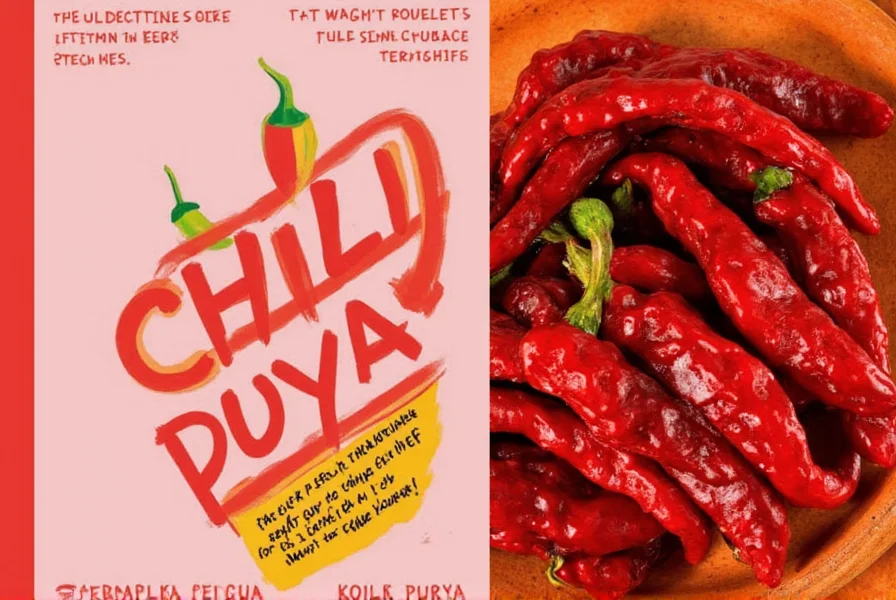
Understanding the Heat Level
Chili puya measures between 5,000 and 8,000 Scoville Heat Units (SHU), placing it between jalapeños and cayenne peppers in heat intensity. Its heat builds gradually rather than hitting immediately, making it versatile for cooking.
| Pepper | Scoville Heat Units (SHU) |
|---|---|
| Jalapeño | 2,500 – 8,000 |
| Chili Puya | 5,000 – 8,000 |
| Cayenne | 30,000 – 50,000 |
| Hatch Green Chile | 1,000 – 15,000 |
While not as spicy as cayenne or ghost peppers, chili puya delivers more heat than most everyday jalapeños. The gradual heat build-up allows precise control in recipes.
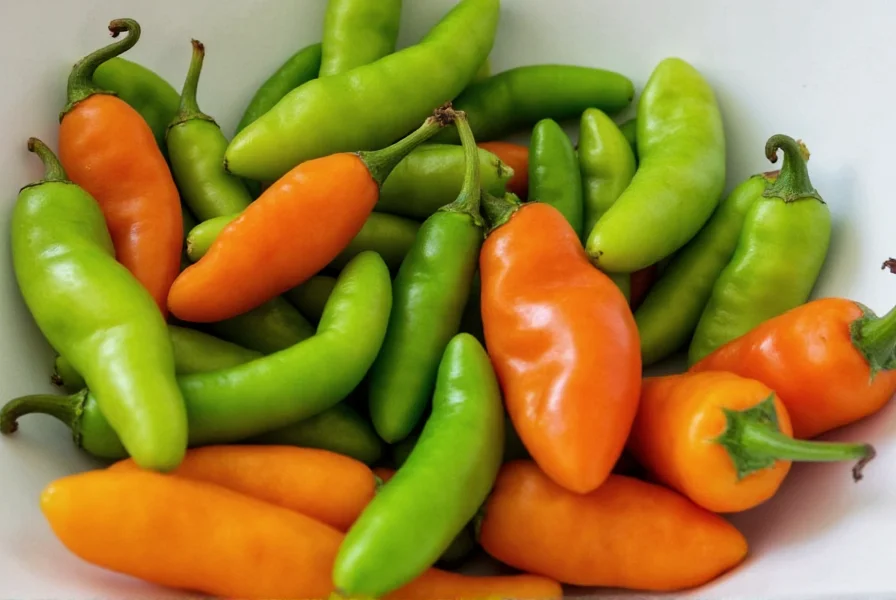
Flavor Profile and Culinary Uses
Chili puya stands out for its complex flavor beyond just heat: earthy, smoky, slightly nutty, and deeply rich. This makes it ideal for adding depth to sauces and marinades without overpowering other ingredients.
- Salsas: Toasted and blended with tomatoes, garlic, and onions, chili puya adds a punchy kick and deep color to salsas.
- Mole: In traditional mole recipes, chili puya contributes a backbone of heat and flavor that ties together chocolate, spices, and nuts.
- Stews & Braises: Whole dried chilies are often added directly to slow-cooked meats or beans, where they infuse the broth with their essence.
- Oil Infusions: Try making chili oil with chili puya for a versatile condiment that boosts everything from tacos to grilled veggies.
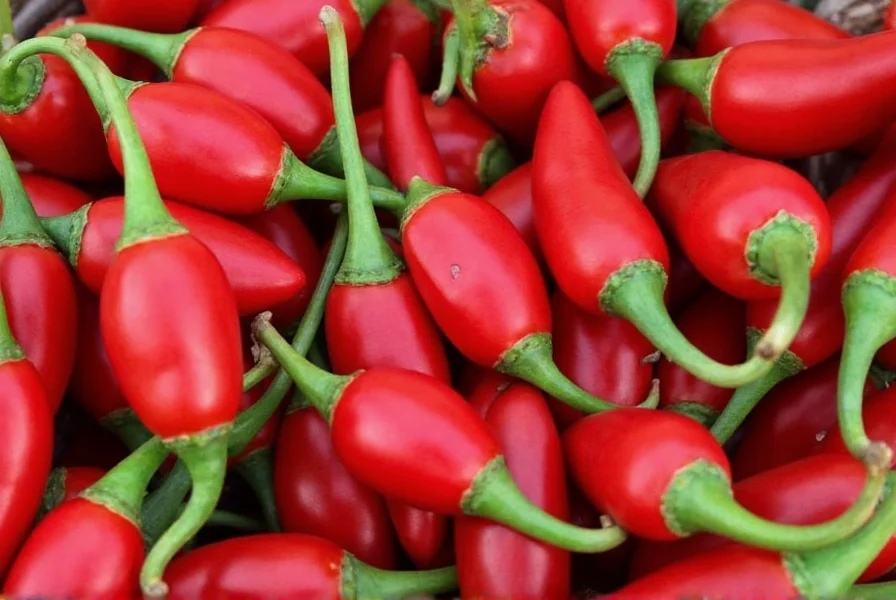
Buying Guide: Choosing the Best Chili Puya
Quality matters for unlocking chili puya's full potential. Here's what to look for when shopping:
| Feature | What to Look For | Why It Matters |
|---|---|---|
| Color | Bright red to dark maroon, no dull spots | Indicates freshness and proper drying |
| Texture | Smooth, pliable, not brittle | Brittle peppers may be old or over-dried |
| Smell | Earthy, mildly smoky aroma | A musty or sour smell indicates spoilage |
| Origin | Mexico-sourced preferred | Traditional varieties offer better flavor |
Recommended Brands:
- El Guapo Foods: Organic, sun-dried puya chiles with vibrant color and strong aroma.
- Mi Rancho Organics: Eco-friendly packaging and consistent size/quality across batches.
- La Costeña: Trusted brand for Mexican spices; excellent for both home cooks and professionals.
Top 5 Tips for Using Chili Puya
- Toast First: Lightly toast chili puya in a dry pan to enhance its smoky flavors before using.
- Remove Seeds: If you want less heat but still crave the flavor, remove the seeds and inner ribs.
- Hydrate Properly: Soak in warm water or broth for 20–30 minutes before blending into sauces or pastes.
- Don't Overdo It: Remember, the heat builds! Start with one or two chilies and adjust later if needed.
- Pair Smartly: Combine with citrus, avocado, dairy, or sweet ingredients to balance the heat and enhance the flavor profile.
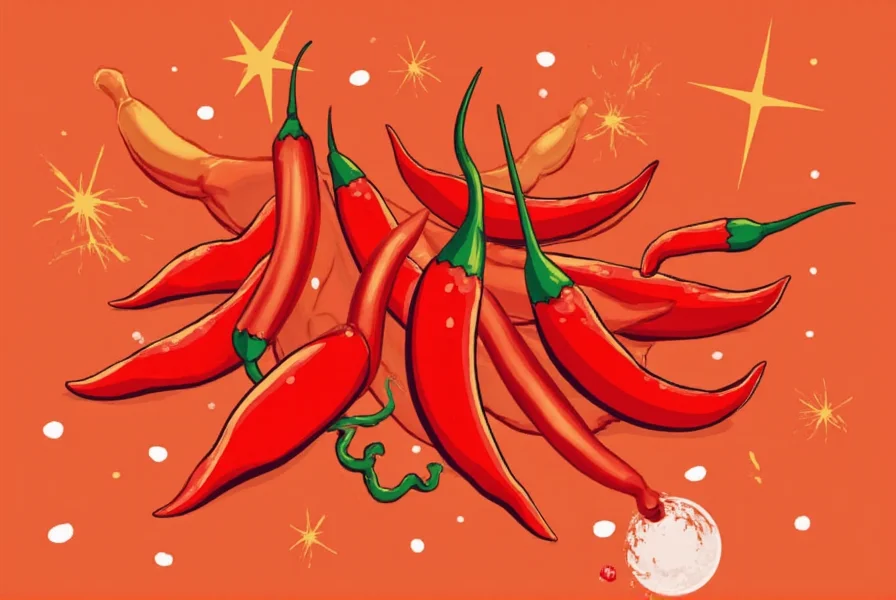
Storage and Shelf Life Tips
Dried chili puya has a surprisingly long shelf life if stored properly:
- Airtight Container: Store in a sealed glass jar or ziplock bag away from moisture and light.
- Cool, Dark Place: A pantry or kitchen cabinet works great — avoid direct sunlight or humid areas.
- Freezer Option: For long-term storage, place in a freezer-safe bag and store in the freezer. They'll last up to a year this way.
Substitutes and Comparisons
Can't find chili puya at your local market? Here are some worthy substitutes — and how they compare:
| Substitute | Heat Level | Flavor Comparison | Best Use Case |
|---|---|---|---|
| Ancho | Low to medium (1,000–2,000 SHU) | Sweeter, fruitier, less intense | Use when you want mild flavor without too much heat |
| Guajillo | Medium (2,500–5,000 SHU) | Berry-like, tangy, slightly floral | Great in sauces and soups where subtlety matters |
| Arbol | High (15,000–30,000 SHU) | Nutty, grassy, sharper bite | Ideal for hot salsas and garnishes |
| Pasilla | Medium-low (1,000–2,500 SHU) | Raisiny, smoky, with hints of cocoa | Perfect for darker mole sauces and braised meats |
For similar heat-to-flavor ratio, guajillo or arbol are best substitutes, adjusting quantities accordingly.
Frequently Asked Questions
What is chili puya?
Chili puya is a small, dried Mexican chili pepper known for its smoky flavor and moderate heat. It's also sometimes called guindilla. Native to Mexico, it's commonly used whole in dried form to add depth and warmth to traditional dishes like moles, salsas, and stews without overwhelming heat.
How hot is chili puya compared to other peppers?
Chili puya measures between 5,000-8,000 Scoville Heat Units (SHU), making it hotter than most jalapeños but significantly milder than cayenne peppers. Its heat builds gradually rather than hitting you immediately, which makes it versatile for cooking as you can control the spice level more precisely.
What does chili puya taste like?
Chili puya has a complex flavor profile that's earthy, smoky, and slightly nutty with subtle notes of dried fruit. Unlike some chilies that focus primarily on heat, puya offers a rich depth of flavor that enhances dishes without completely dominating them. When toasted, its smokiness becomes more pronounced.
How do I prepare dried chili puya for cooking?
To prepare dried chili puya, first toast it lightly in a dry skillet for 30-60 seconds per side until fragrant but not burnt. Then remove the stem and shake out most seeds (keeping some for more heat). Finally, soak in warm water or broth for 20-30 minutes until softened before using in sauces, pastes, or stews.
Can I substitute chili puya with other chilies?
Yes, guajillo peppers are the closest substitute in terms of flavor profile (though slightly milder), while arbol peppers can work if you want more heat. Ancho peppers are too mild and sweet, while cayenne is too hot and lacks the smoky depth. When substituting, start with less than the recipe calls for and adjust to taste.
How long does dried chili puya last?
Properly stored in an airtight container in a cool, dark place, dried chili puya will maintain its best flavor for 6-12 months. In the freezer, it can last up to 2 years. Signs that it's past its prime include brittleness, fading color, or a musty smell rather than the characteristic earthy aroma.
Is chili puya the same as guindilla?
Yes, chili puya is often called guindilla in Spain and some parts of Latin America, though there can be regional variations. In Mexican cuisine, "puya" specifically refers to this particular variety of dried chili that's slender, about 3-4 inches long, with a tapered end and deep red color when properly dried.
What dishes work best with chili puya?
Chili puya shines in traditional Mexican moles, rich salsas, slow-cooked bean dishes, and meat braises. It's particularly good in recipes where you want to build complex flavor layers without overwhelming heat. It also works well in oil infusions for drizzling over finished dishes or making spicy aiolis.
Should I remove the seeds from chili puya?
This depends on your heat preference. The seeds and white ribs contain most of the capsaicin (the compound that creates heat). For authentic flavor with moderate heat, remove about half the seeds. For milder results, remove all seeds and ribs. For maximum heat, keep them intact. Remember that chili puya's heat builds gradually, so you can always add more later.
Where can I buy authentic chili puya?
You can find chili puya in well-stocked Mexican grocery stores, specialty spice shops, and online retailers. Look for Mexican-sourced brands like El Guapo Foods, Mi Rancho Organics, or La Costeña for the most authentic flavor. When shopping, check for bright red to dark maroon color, smooth texture, and an earthy, smoky aroma to ensure quality.
Conclusion
Chili puya is a versatile Mexican chili pepper that adds unique smoky depth and moderate heat to dishes without overwhelming spice. Whether you're a home cook or professional chef, mastering its use will elevate your Mexican cuisine with authentic flavor.
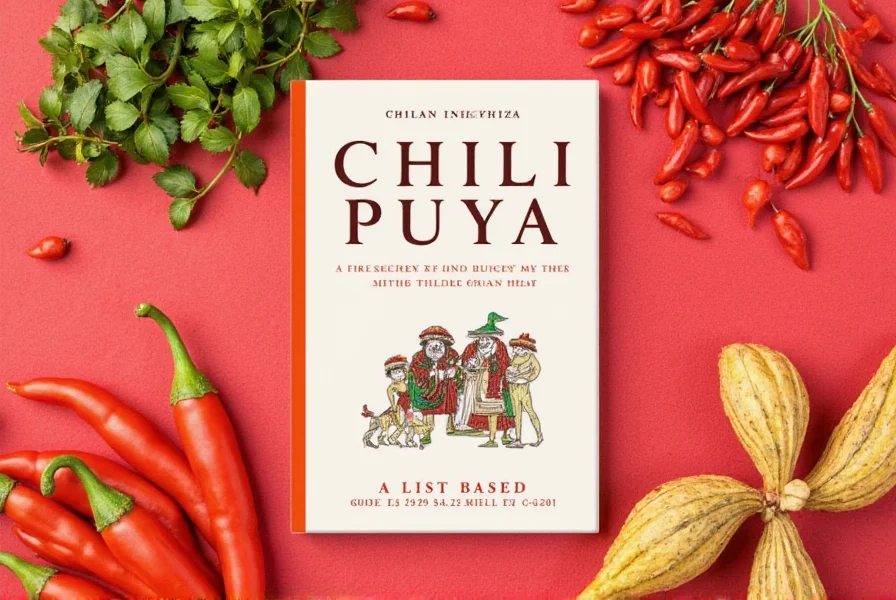

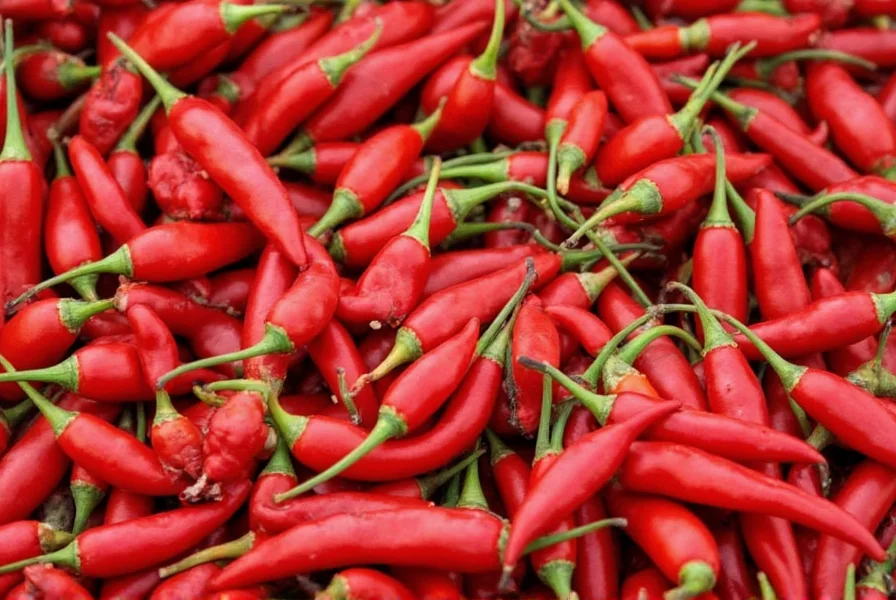









 浙公网安备
33010002000092号
浙公网安备
33010002000092号 浙B2-20120091-4
浙B2-20120091-4